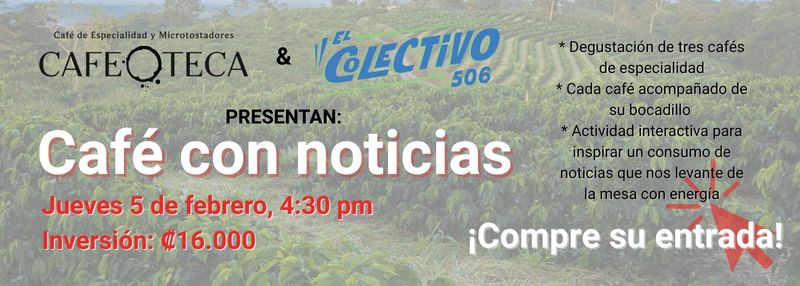“In short, the Costa Rican student population believes they are something they are not: good readers.”
That’s what Costa Rica’s 2021 State of Education report states. Its third chapter, “Strengthening Reading Literacy,” analyzes the results of the tests given by the Organisation for Economic Co-operation and Development (OECD). These tests, part of the OECD Program for International Student Assessment (PISA), demonstrate both deficient reading skills in Costa Rican students, and a high opinion among those same students of their own reading skills.
For the State of Education, this contradiction “may suggest the presence of an important problem: an attitude of complacency with their poor skills.”
So why does all this matter? Should we worry? Is it really important that our youth achieve advanced reading skills? The State of Education report describes this as their capacity to “understand long texts and deduce what is relevant information from the text, to develop causal or other reasoning based on a deep understanding of long texts, and to assess neutrality and bias based on explicit signals, related to both the content and the source of the information.”
El Colectivo 506 will dedicate the next two months to exploring these questions, but we’re ready to say that we believe it does matter. It matters a great deal. If our future adults have these skills, they will be able to handle the waves of misinformation and false information, or “fake news,” that pose such a threat to our democracy. They will be able to excel in science, technology, engineering, arts, mathematics (STEAM). They will become people who can question, debate and reach conclusions—not only through the understanding of written texts, but also through other information sources such as maps or graphs. They will be able to promote progress, innovation, and change.
When you really think about it, knowing how to read—and reading to learn—is the foundation of our economy, our health, and our democracy.

The problems demonstrated through Costa Rica’s test results since 2012 are not news. They have long sounded the alarm about deficiencies in our students’ abilities and in our educational system. However, the spirit of El Colectivo 506 is not to sound alarms, but to create conversation and make solutions visible.
During April and May 2023, we are going to talk with teachers, with students, with researchers, with entrepreneurs. We’ll study the problem and why it’s important. In addition, we are going to look for those people who are doing something to change this reality. These include those that have changed what our children and young people read—as is the case of the publisher La Jirafa y Yo, sponsor of one of this edition’s longform deep dives—and those who are changing how Costa Ricans learn to read.
Are you one of those people? Do you know an agent of change in this field? Or do you share our concern and want to know more?
Join Let’s Read! through our social networks, where we will be asking questions and celebrating the love of reading.
If you are an educator, whether from the public or private sector, join our WhatsApp chat here so that every Friday you can enter our “teacher room” and talk about different topics.
And if you are a lover of good reading, subscribe to our weekly newsletter so you never miss our content, and consider an annual membership to support our newsroom.
Let’s read!





